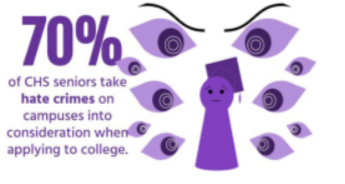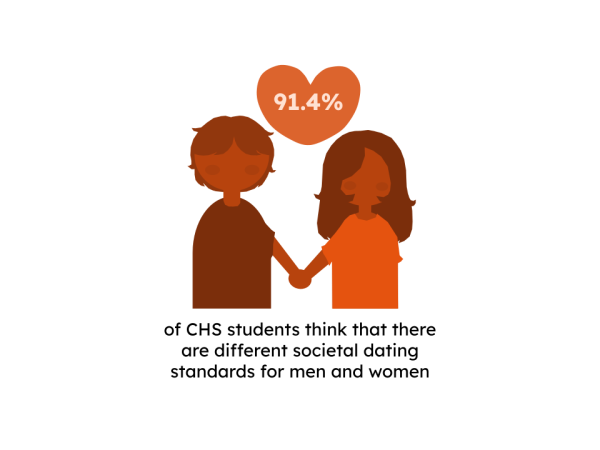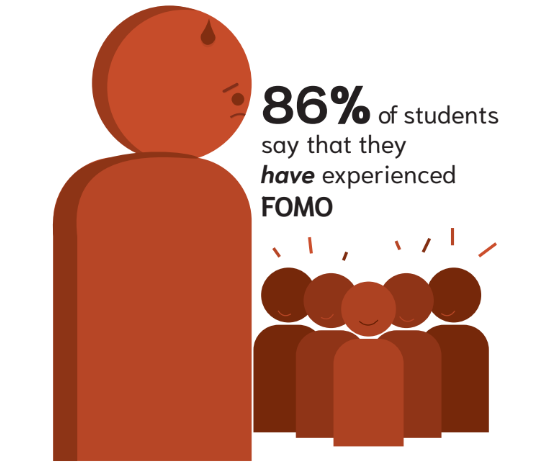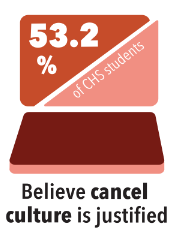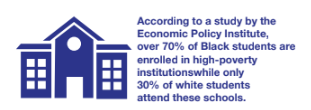Teens allow self-diagnosis to get to their head
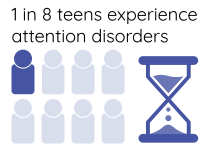
Blot graphic by Julia Perconti and Adriana Poznanski
The number of mental illnesses in teens is on the rise due to school-related stress and self-diagnosis, according to the Badger Herald.
January 17, 2020
The number of students suffering from mental illness continues to increase, says the National Center for Biotechnology Information. Yet, opinions still differ on whether or not CHS students take the issue seriously.
The number of mental illnesses in teens is on the rise due to school-related stress and self-diagnosis, according to the Badger Herald.
“When you self-diagnose, you are essentially assuming that you know the subtleties that diagnosis constitutes,” Psychology Today reported.
Hypochondriasis, an illness found in four to six percent of the medical population, causes those affected to continually self diagnose. In some cases, when one pretends to have a disease, the symptoms begin to seem real convincing the person they truly have the illness, explained Scientific American.
“I think that saying that you are depressed can actually put you in a state where you become depressed,” junior Hayden Minard of Union Beach said, agreeing with the above.
Freshman Delia Mullen of Wall expresses how students view mental health now.
“I feel like in the past we didn’t,” said Mullen, “but nowadays we definitely do more.
When speaking with students, all admit to commonly hearing others and even themselves use phrases like “I’m so depressed” when they face a difficult assignment.
Sophomore Katherine Manatos of Wall believes that mental health should be taken just as seriously as physical health.
“I feel like it is kind of unfair to those people who might actually be depressed when others say that they are,” said Manatos, “but it’s also just like an emotion that everyone can feel.”
In opposition, there are students who are not comfortable with others comparing themselves to those with a professional diagnosis.
“It’s almost like a placebo effect,” sophomore Kiera MacDermott of Aberdeen said. “Everyone hyper-analyzes the details of their life so that they can find things that they can be sad about.”
Some students see a therapist to help them through tough times, whereas others take care of their mental health with strategies such as creating a mental health kit, writing down their feelings and avoiding excessive social media use.
“We have created a society where we begin to romanticize mental illness and encourage others to speak up against it,” MacDermott said. “Even though what everyone is really encouraging is [for] mental illnesses to be developed.”





